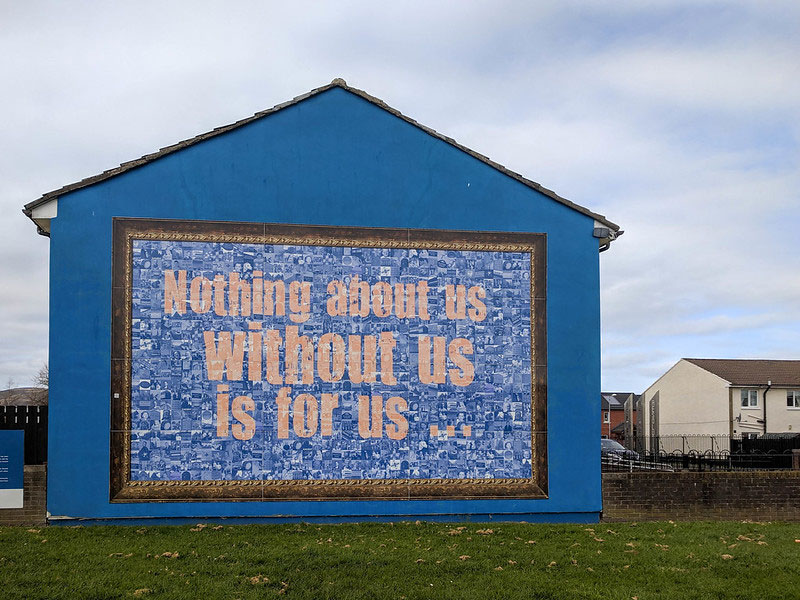This morning I was reading a report about a community organization I have gotten to know fairly well over the past few years. When I was first introduced to the organization, it was in pretty tough shape. Dedicated staff who had committed themselves to the organization over three decades had aged and although they were no longer able to keep up with the agency’s needs, the board and staff continued to defer to them out of (very personal) respect. Slow but massive erosion occurred until the agency was cited by numerous funders for financial mis-spending. A painful process for moving the beloved executive director from her post ensued and the organization is beginning to re-surface.
In the report, a comment was made about the need for the leadership to reconnect with its community. Other discussion focused on the mismatch between some of the fundraising ideas held by the organization and its mission intentions.
I have heard such stories over and over again. Very often what the public finally hears about as scandal has to do with some kind of financial problem from a sloppy co-mingling of funds to outright theft. But who monitors the drift that separates too many organizations from the community they have declared themselves to be serving and the damage done as a result? Communities do not have any legal standing to declare foul about an agency that takes money on their behalf. This sets up a problem of accountability that every nonprofit should work to correct.
But beyond the accountability issue — even if you were just all about the health of your organization, it is folly to neglect the integrity of your relationship with those you serve. They constitute your power base. They are also, by the way, your contribution to the health of our larger democracy.
I have attached a link to an article from the winter issue of the Nonprofit Quarterly that speaks to the relationship between nonprofits and their communities by Elena Letona of Centro Presente, a relatively small but powerful immigrant rights organization in Boston and Judy Freiwirth who is the organization’s consultant. These two women share their experience in establishing a governance system for that organization that keeps it directly accountable to the communities it serves.
Also in the same are two articles on one community agency that imploded in the most public possible way — and the effects that this had on the various parties involved. There is also an article on what the IRS is looking at when it judges executive compensation. (See full table of contents for this issue below). If you subscribe now, you will not only receive this issue as a bonus but you can look forward to the next, which contains some pretty rich information about how conflicts of interest show up among nonprofits.
Meanwhile I want to urge each of you to make yourselves heard today about the war in Iraq. Take a risk. Make some noise.
Sign up for our free newsletters
Subscribe to NPQ's newsletters to have our top stories delivered directly to your inbox.
By signing up, you agree to our privacy policy and terms of use, and to receive messages from NPQ and our partners.













